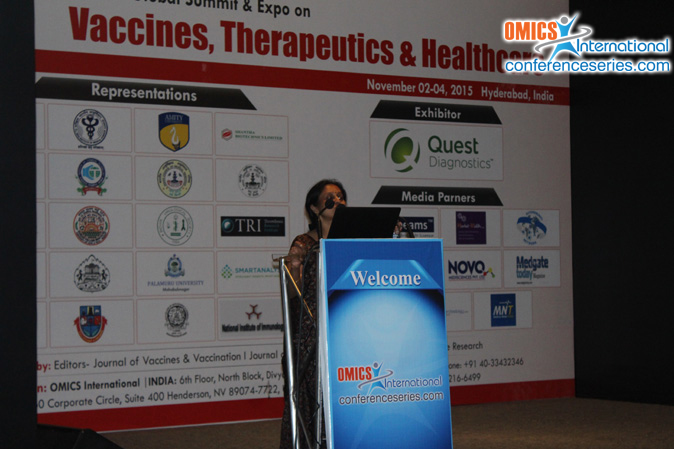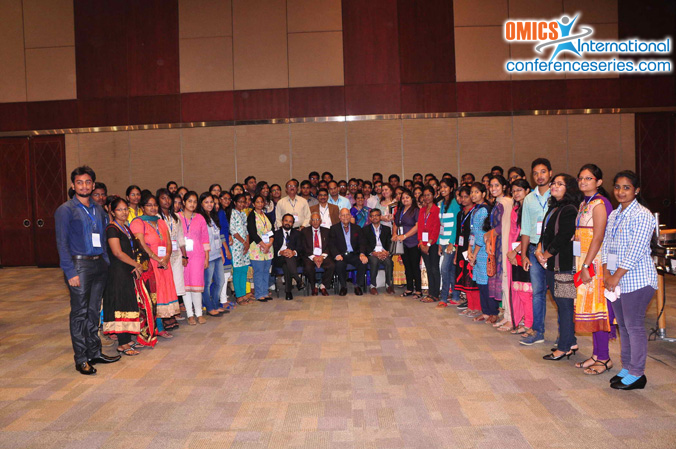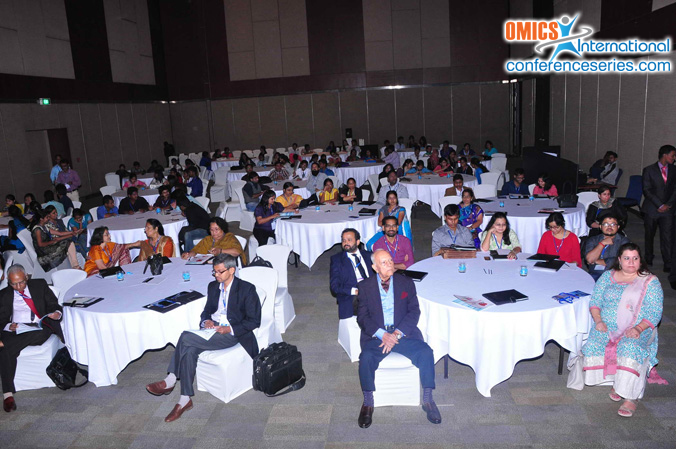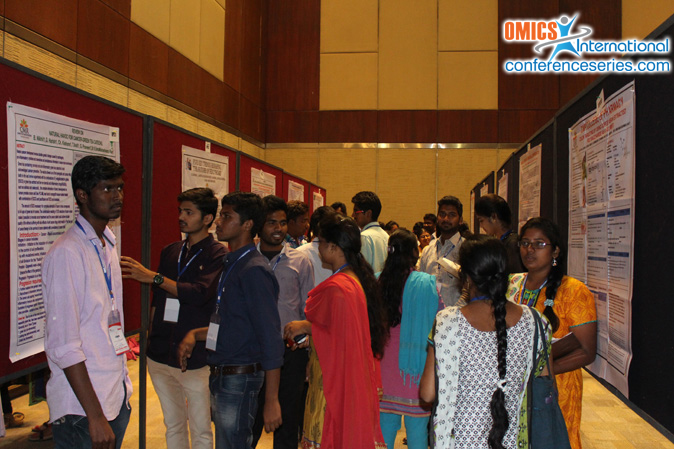
Hema Nair
Associate Professor at Shri Venkateshwara College of Pharmacy
Hema Nair, PhD in Pharmaceutics from Mumbai University, Diploma in Patent Law, Nalsar University, Hyderabad, is currently Associate Professor of Pharmaceutics at Sri Venkateshwara College of Pharmacy, Hyderabad, India. She has 15 years of teaching experience at Bombay College of Pharmacy, Mumbai. Her key research areas include drug delivery systems-conventional & novel, synthesis and evaluation of novel polymeric excipient materials. She has around 10 research projects both Government & Industry sponsored. She has published 14 research articles in both national & international journals and participated in more than 33 conferences. She is currently a reviewer for several national and international journals.
links

Experience
Associate Professor
Shri Venkateshwara College of Pharmacy
Education
8th Indo Global summit and Expo onVaccines, Therapeutics & Healthcare (VTH-2015)November 02-04, 2015 HICC, Hyderabad, India
Biography
Hema Nair, PhD in Pharmaceutics from Mumbai University, Diploma in Patent Law, Nalsar University, Hyderabad, is currently Associate Professor of Pharmaceutics at Sri Venkateshwara College of Pharmacy, Hyderabad, India. She has 15 years of teaching experience at Bombay College of Pharmacy, Mumbai. Her key research areas include drug delivery systems-conventional & novel, synthesis and evaluation of novel polymeric excipient materials. She has around 10 research projects both Government & Industry sponsored. She has published 14 research articles in both national & international journals and participated in more than 33 conferences. She is currently a reviewer for several national and international journals.
Abstract
Cancer therapy has seen enormous growth in the last few decades in terms of new molecules and novel targeted formulations making a successful entry into the treatment paradigm. The semisynthetic taxane derivative, docetaxel holds great promise in treating solid tumours. However, owing to poor solubility of docetaxel in aqueous milieu, it is formulated as a solution in polysorbate 80, TaxotereÒ. The solubilizer (polysorbate 80) used, is associated with side effects like hypersensitivity reactions which demand co-administration of dexamethasone. This in turn, compromises immunity of cancer patients, often resulting in discontinuation of docetaxel treatment. The inability to target tumour tissues is another limitation of TaxotereÒ. In the light of the drawbacks associated with existing docetaxel therapy, the current study presents development of alternative formulations based on polymeric micelles fabricated using biodegradable polymers. Initially, polyethylene glycol-polycaprolactone amphiphilic copolymers of different molecular weights were synthesized by ring opening bulk polymerization and the products characterized (through IR, H1-NMR, XRD, DSC and measurement of critical micelle concentrations). These, in turn, were employed in the preparation of micellar systems containing solubilized docetaxel. The resultant micellar dispersions were characterized for particle size and zeta potential, drug content and efficiency of entrapment of docetaxel, morphology by TEM and for in vitro release studies. The biodegradable copolymers used to fabricate these systems were found to possess low CMC values, thereby conferring resistance to breakdown on dilution encountered in bloodstream in vivo. Also, in vitro cytotoxicity as evaluated in non-small cell lung cancer cell line A549 demonstrated that simple and mixed micelles were as effective as docetaxel solution and bore potential to be used as substituents for polysorbate 80 based formulations.
Speaker Presentations


//////




No comments:
Post a Comment